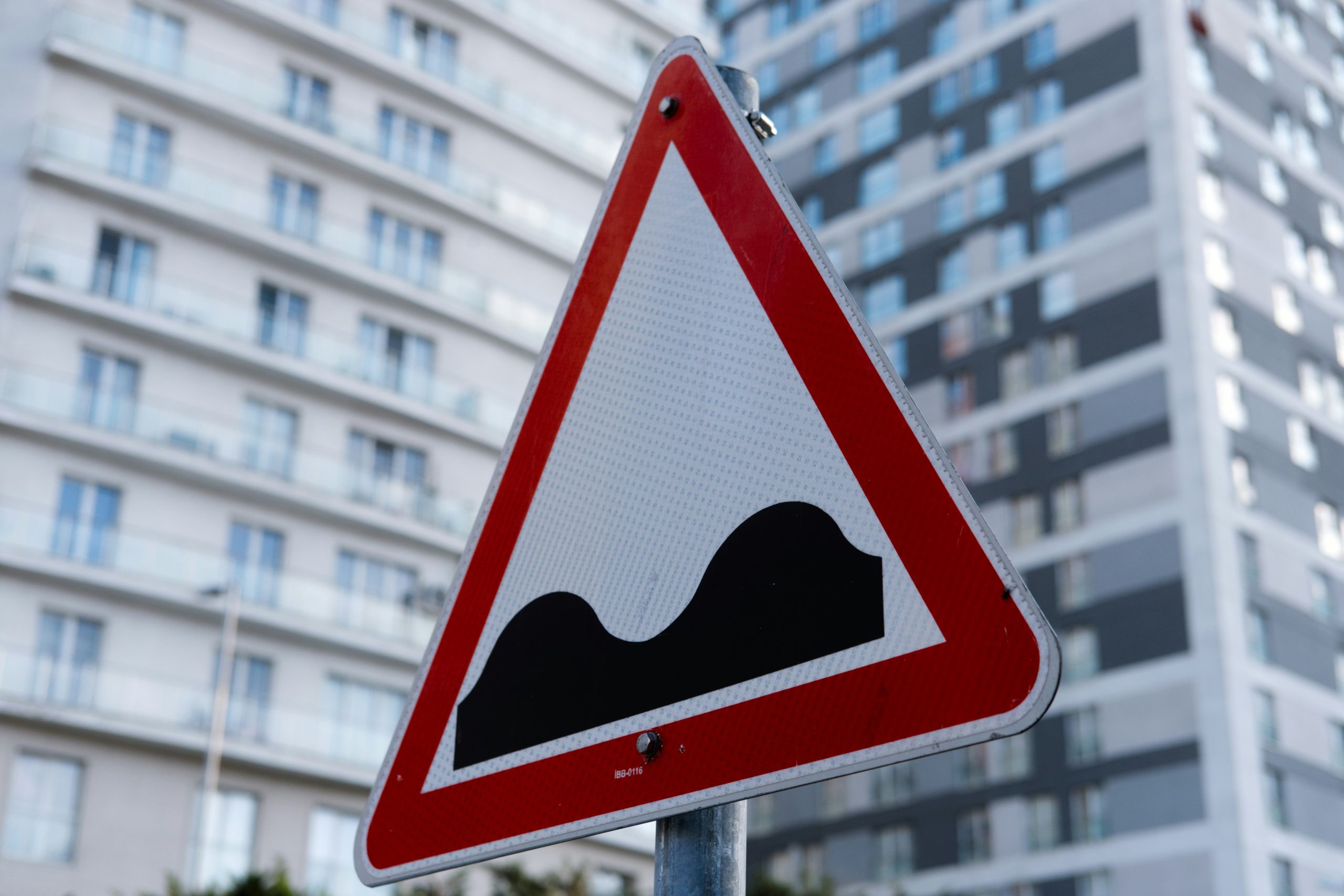The Regulations and Exceptions of Road Signs Tourists Should Know in Portugal
Hiring a car in Portugal is the best means to explore the country on your terms — from hilltop medieval villages to seaside hideaways. Yet, driving and comprehending signs and local driving rules can be confusing, especially when signs appear in Portuguese. This guide will provide you with a general awareness of some of the most essential road signs and regulations so you can drive around safely and not get caught for it.
Commonly Misunderstood Portuguese Road Signs

“Estacionamento Proibido” (No Parking)
- Appearance of sign: A red circle containing one red diagonal line.
- Meaning: No parking at all times.
- Penalty: Fines or your car being towed.

“Paragem e Estacionamento Proibidos” (No Stopping or Parking)
- Appearance of the sign: Blue circle with red border and two red diagonal lines forming an X.
- Meaning: You are not allowed to stop or park at any time.
- Penalty: Enormous fines or even wheel clamping.

“Zona de Estacionamento Pago” (Paid Parking Zone)
- Sign Appearance: A white or blue sign typically with a pay-and-display symbol.
- Meaning: You may be required to pay to park at certain times. Check on the additional panel for information. Sometimes the additional panel say, for example, “Paid from Monday to Friday, from 9AM to 7PM”
“Zona de Cargas e Descargas” (Loading and Unloading Zone)
- Appearance of the sign: Generally a rectangular sign below a major no-parking sign.
- What it means: Only permitted vehicles may pull in here to pick up or deliver merchandise — normally commercial or delivery trucks.
Additional Panels You Might Miss
There are usually additional panels on most signs in Portugal that qualify or define the meaning of the main sign. These are significant to understand!

“Exceto tomada e largada de passageiros” (Except pick-up and drop-off)
- Often placed under a No Stopping/No Parking sign.
- Translation: Drivers can stop briefly just to pick up or drop off passengers — no waiting or parking.

“Exceto animação turística e TVDE”
- TVDE is the official term for ride-share applications like Uber or Bolt.
- Translation: Only vehicles operating under a touristic activity license or registered ride-share services can stop.

“Dístico” (Permit)
- Indicates only vehicles with a specific permit can park or access that zone.
- Common Types: Resident permits, handicapped permits, or service access.
These panels are small but very important. Failing them can lead to violations even when you think you’re following the rules!
Consequences of Ignoring These Signs
In case you park where you are not supposed to:
- You may be issued with a fine (anywhere from €30 to over €150).
- Your car may be towed or clamped, especially in urban areas.
- In the event that you are driving a hired car, the company may impose additional charges for processing fines or recovering a towed car.
Final Driving Tips for Portugal:
- Always double-check for supplementary panels.
- Download Google Translate — instantly translate signs using the camera function.
- When in doubt, park in a paid lot or garage to be on the safe side.
Want to Experience Portugal Like a Local?
We offer private, authentic Portugal tours, focused on culture, local history, and off-the-beaten-path secrets other visitors miss.
Need travel inspiration? Follow us on Instagram, Facebook, and Youtube for insider tips, stunning travel photos, and exclusive deals!
#Useful_Tips #Portugal_Unplugged #PortugalTravel #VisitPortugal #TravelGuide #TravelHacks #PortugalTravelTips #DrivingInPortugal #RoadTripPortugal #PortugalByCar #TravelSmart #PortugueseRoadSigns #VisitPortugal #TravelTipsForTourists #ExplorePortugalByCar


